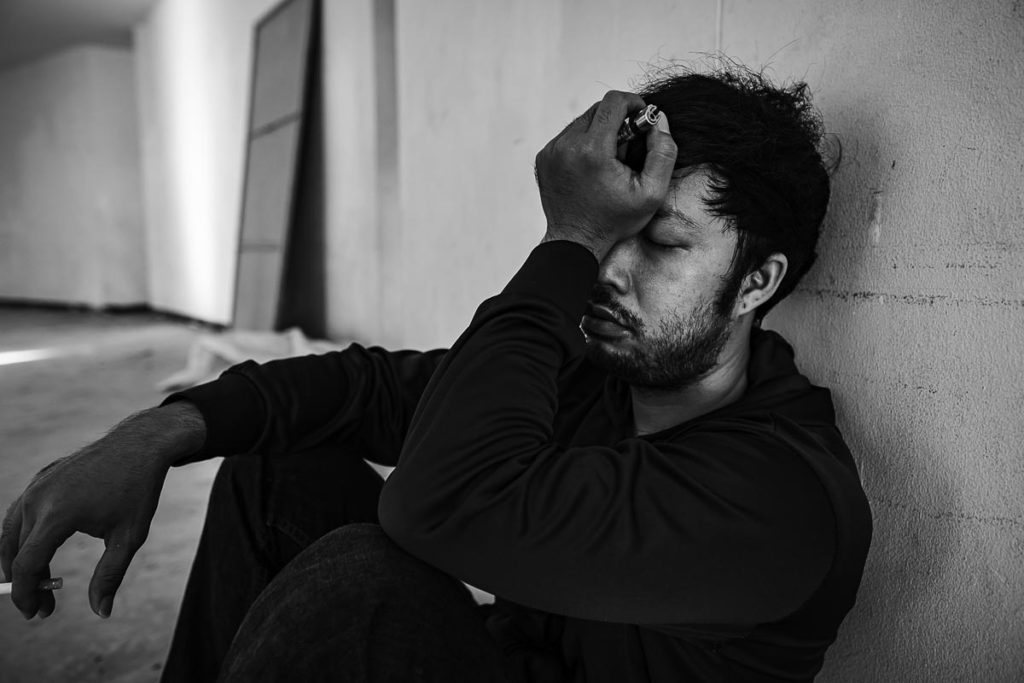For a person living with heroin addiction, the threat of overdose is a constant danger. Heroin is a drug that is manufactured in illegal laboratories. Therefore, it is not subject to safety regulations like prescription drugs. As a result, the dosage can be difficult to estimate. Also, for people who are not addicted to heroin but care about someone who is, the dangers of overdose can be a cause for great anxiety. It can be reassuring and helpful to learn the signs of a heroin overdose. This makes it easier to know when a person needs help.
Knowing how to recognize the signs of heroin overdose could even save a life. Once a person has survived a heroin overdose, it is critical to get them access to an effective heroin addiction treatment program. By doing so, they can detox and recover safely.
What Are the Signs of a Heroin Overdose?
For someone who is not familiar with heroin, it can be challenging to recognize the difference between someone who is simply high on heroin and someone who is in danger of overdosing.
Some of the signs of heroin overdose are:
- The person is completely unresponsive and cannot be roused
- The person is breathing loudly or making a gurgling sound
- Their skin looks pale or blue and feels cool and clammy
- If the person is conscious but can’t seem to respond, they may be in danger
- Their pulse is hard to find, slow, or irregular
- The person has vomited or is making gagging sounds
What Should You Do If You Think Someone Is Overdosing?
You should immediately call 911. Even if there are things happening that are illegal, most states have “Good Samaritan” or “safe harbor” laws that protect people who act to save a life. In the meantime, gently turn the person onto their side so they will not choke if they vomit. Also, make sure their environment is safe so they don’t hurt themselves. Once you have called 911, follow the directions of the dispatcher and stay with the person while you wait for help to arrive.
Some first responders, people who are heroin users, or their loved ones have been trained in the administration of naloxone, which is a drug that can immediately reverse an opioid overdose. However, you should never administer a drug unless you have been specially trained on how to use it.
What Happens After a Heroin Overdose?
When it comes to heroin overdose, time is of the essence. Swift intervention and rescue efforts can indeed save lives. However, it’s essential to understand that survival is only the first step in the battle against heroin addiction. Without proper treatment and support, individuals who have experienced a heroin overdose remain at a continuous and potentially deadly risk.
Once someone has gone through the harrowing experience of a heroin overdose, it becomes a pivotal moment for them and their loved ones. It is crucial to seize this opportunity to encourage and facilitate their entry into addiction treatment. This moment is a crossroads where the path to recovery or the path to further peril diverges.
It’s common for individuals struggling with heroin addiction to be resistant to the idea of treatment. This resistance often stems from a complex interplay of emotions and beliefs. Some may not be ready to part ways with the substance due to the powerful grip heroin has on their lives. Others may believe that they are incapable of quitting, feeling trapped in a seemingly endless cycle of dependence.
However, it’s imperative to communicate to them that there is hope, and recovery is possible. Heroin addiction is a formidable adversary, but with the right support, treatment, and determination, individuals can break free from its clutches and embark on a journey towards a healthier and more fulfilling life.
The process of convincing someone to seek treatment for their heroin addiction can be challenging, but it’s a crucial step towards saving lives and fostering lasting change. It often requires patience, empathy, and the involvement of professionals who specialize in addiction intervention. It’s not just about urging them to quit; it’s about providing the resources, therapy, and guidance needed to equip them with the tools to overcome addiction and rebuild their lives.
It is important to be loving and supportive even if someone isn’t yet ready to get help. Someday, they will be ready and will need that love and support.
Recovery Bay Can Help After a Heroin Overdose
Our treatment center in Panama City, Florida serves men ages 18 and over who are battling addiction and mental health issues. We are committed to helping our clients recover from addiction and heal from trauma in a “vacation-style” setting. Our recovery community can help you or your loved one achieve a lasting recovery and regain your freedom from addiction.
Reach out to our caring and compassionate staff today by contacting us at 833.991.2955 and let us tell you what we can do to help get you or your loved one back on the right track.

